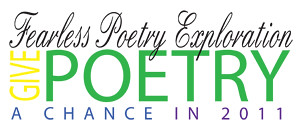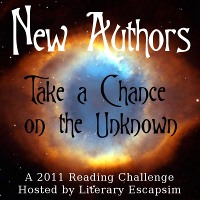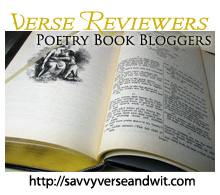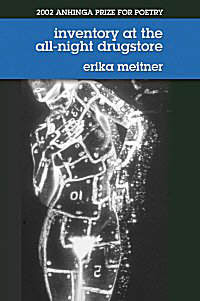Source: GBF
Paperback, 104 pgs.
I am an Amazon Affiliate
Useful Junk by Erika Meitner is a poetic exploration of memory and desire, but also a collection of perspectives on the body and how it is seen and what it sees. The collection opens with the poem, “I would like to be the you in someone’s poem.” Here, Meitner’s narrator expresses a desire to be seen in all her glory and quirkiness, even if it is just a fiction.
When you enter this collection, you’re in a surreal world where the poet explores what the junk mail knows about us and our finances, but also what junk mail fails to know about our feral nature and our desires to be wanted and seen with all of our flaws. Meitner’s poems offer vignettes of “multitudinous and wild pasts” and our many futures. “don’t you worry about how/scattered memory gets (pick-up-sticks, a box//of buttons, shards of plastic beached across/an entire coastline) and how we’re just trying//to find the origin,” (from “All the Past and Futures” pg. 18-9)
She tells us in “Medium Adam 25”: “I am not an abstracted/self in the wet night. I am not a static/enterprise either, and as I move through//time and space, many things are vanishing/in exchange for a wanting with no end…” Isn’t it the truth of each of us. We are not this abstract perception that others have of us; we are fluid and changing even if it isn’t as obvious by our physical selves — though those change too.
Useful Junk by Erika Meitner is intimate and existential all at once, and readers will swim in the morass and indulge in memory and perception imparted with quick wit and contemplative angst. Meitner provides us with a bridge between our memories and their changing patterns and our desires to be seen coupled with the anxiety of how we are perceived by others and ourselves.
RATING: Cinquain
About the Poet:
Erika Meitner was born and raised in Queens and Long Island, New York. She attended Dartmouth College (for a BA in Creative Writing and Literature), Hebrew University on a Reynolds Scholarship, and the University of Virginia, where she received her MFA in Creative Writing as a Henry Hoyns Fellow, and her MA in Religious Studies as a Morgenstern Fellow in Jewish Studies.


















